
Tax experts say public-private partnerships (PPPs), such as the one involving Strategic Mobilisation Ghana Limited (SML), can help plug tax revenue leakages through technology – provided they are implemented with transparency and proper oversight.
Although the SML arrangement has sparked controversy over procedural concerns, experts argue that such collaborations can offer value for money if managed openly and accountably.
At a panel discussion hosted by the University of Professional Studies, Accra (UPSA), stakeholders from government, civil society, academia and the private sector explored ways to improve revenue mobilisation under the theme: “Tackling Tax Revenue Leakages in Ghana.”
Speakers acknowledged that PPPs are becoming increasingly important in tax collection and public service delivery. However, they warned that a lack of transparency and public engagement can undermine their success.
Dr. Benjamin Kweku Acolatse, former Deputy CEO of Finance and Administration at the Ghana National Petroleum Corporation (GNPC), stressed the importance of perception.
“You may have the most brilliant idea, but if people perceive procedural irregularities, it will fail, regardless of its merits,” he said.
He urged strict adherence to the PPP Act (Act 1039), which mandates transparency and accountability.
Ghana’s tax-to-GDP ratio remains below the sub-Saharan African average of 16.5 percent, highlighting the country’s persistent revenue challenges.
Michael Boateng, Tax Services Partner at KPMG, pointed to digital tools like Ghana.gov as game changers. “The platform has made tax payments more convenient, helping increase compliance,” he said.
Dr. Charles Gyamfi Ofori, Policy Lead at the Africa Centre for Energy Policy (ACEP), advocated for data-driven oversight.
“Our research in the quarry sector shows that potential revenues could be 18 times higher than reported due to monitoring gaps,” he said, supporting the use of digital systems.
Dr. Yaa Serwaa Sarpong, Director of Support Services at SML, showcased the company’s upstream monitoring systems, which provide real-time data on crude oil production.
“This allows Ghana to track oil output accurately and strengthens oversight by the Ghana Revenue Authority (GRA),” she said.
All panelists emphasised the need for transparency and public disclosure in PPPs. Dr. Acolatse recommended publishing all partnership contracts online and flagged concerns over politically exposed persons (PEPs) involved in such deals.
He also called for reforms to Ghana’s “winner-takes-all” political culture, which he said fosters mistrust even in legitimate arrangements.
To improve tax compliance, several recommendations were made. Alhassan Yusif Trawule from the Institute of Chartered Accountants Ghana (ICAG) stressed tax education. “People need to understand why taxes matter. Education drives compliance,” he said.
Dr. Ofori called for stronger regulations on beneficial ownership to ensure transparency around who truly owns companies in PPPs.
He and others also highlighted neglected revenue areas, such as small-scale mining, which contributes only 5 percent to national mining revenue despite accounting for 40 percent of gold production.
Mr. Boateng added that Ghana must not overlook the informal sector, which makes up about 80 percent of the economy.
“We need innovative partnerships with educational institutions and professional bodies to help informal operators meet their tax obligations,” he said.
The panel concluded that while PPPs hold promise in addressing revenue leakages, their success depends on transparent implementation, strong regulatory frameworks, and broad stakeholder engagement to protect the public interest.
The post Tax Experts Tell Government: Use SML’s PPP Style To Rake In Revenue appeared first on The Ghanaian Chronicle.
Read Full Story
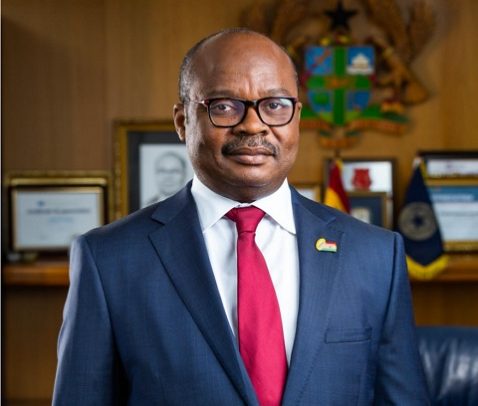
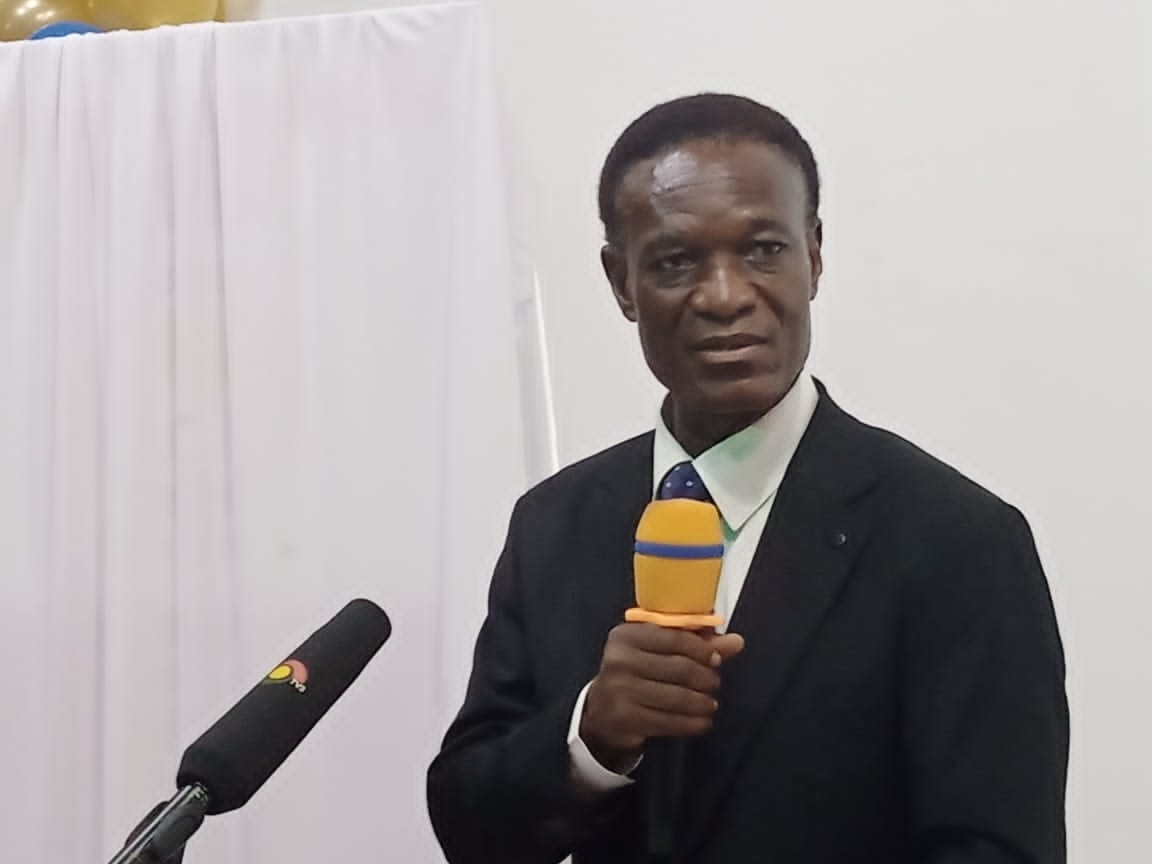
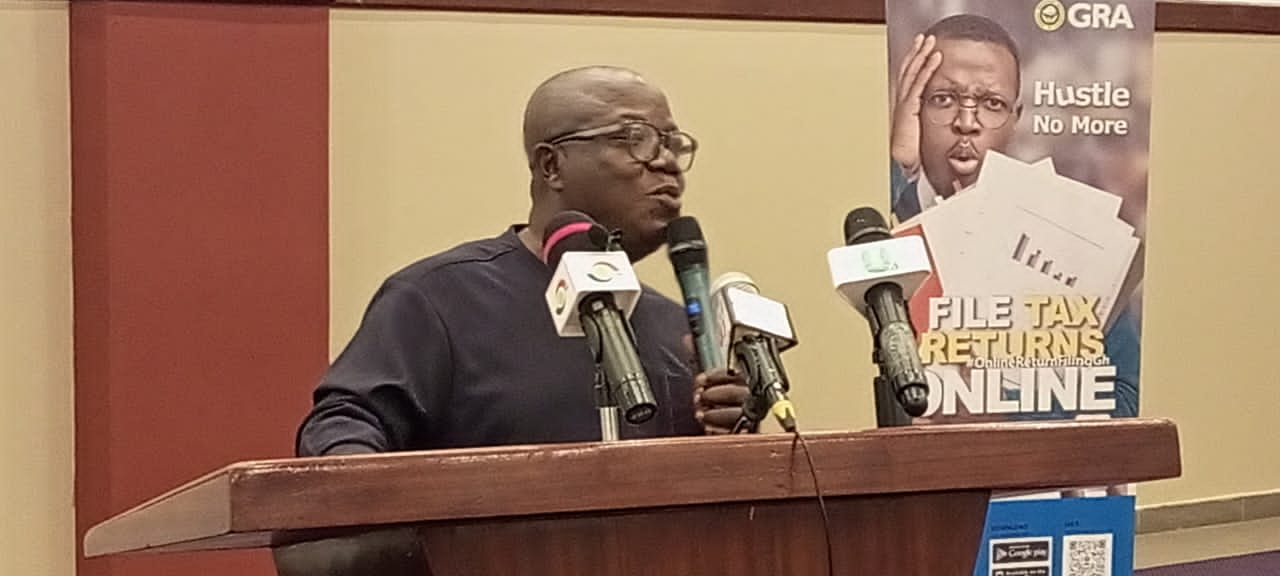

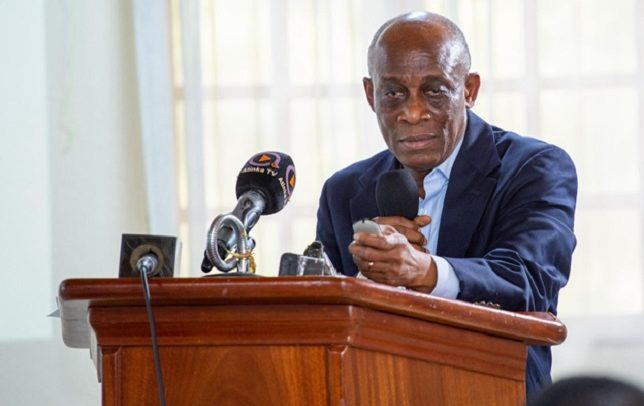








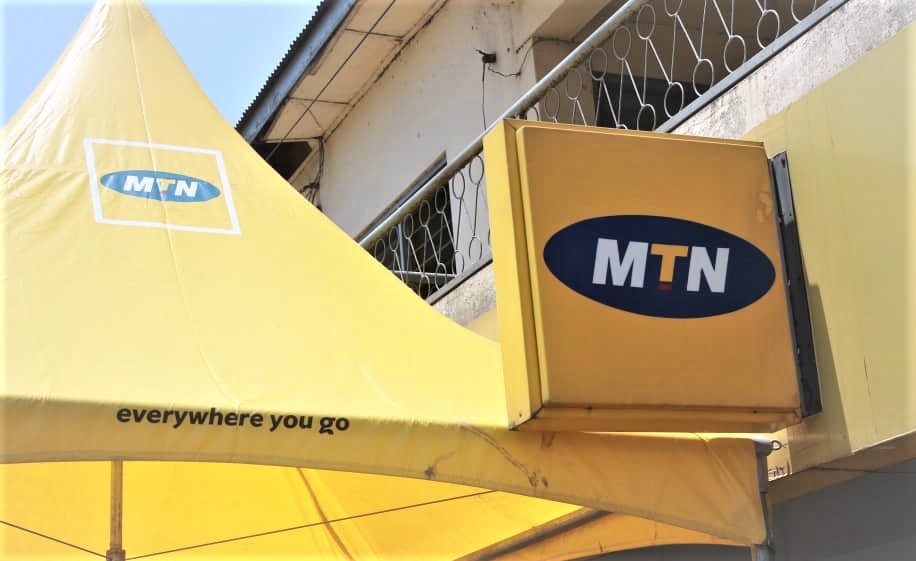




Facebook
Twitter
Pinterest
Instagram
Google+
YouTube
LinkedIn
RSS